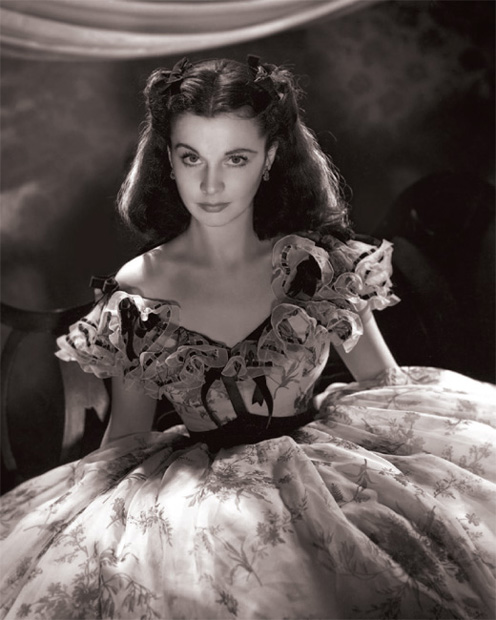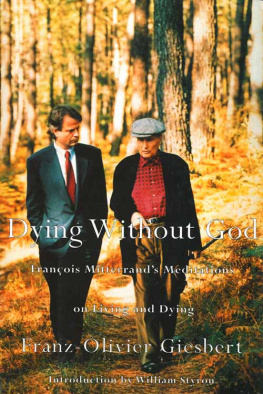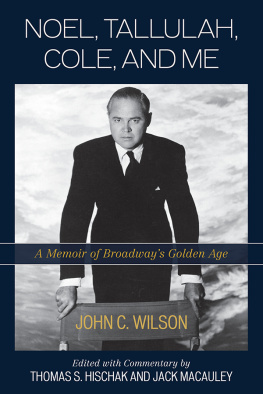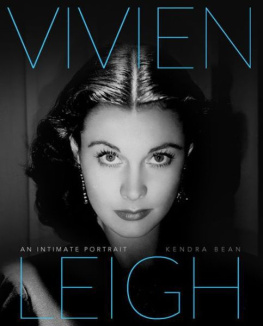VIVIEN
LEIGH
AN INTIMATE PORTRAIT



2013 by Kendra Bean
Published by Running Press,
A Member of the Perseus Books Group
All rights reserved under the Pan-American and
International Copyright Conventions
This book may not be reproduced in whole or in part, in any form or by any means, electronic or mechanical, including photocopying, recording, or by any information storage and retrieval system now known or hereafter invented, without written permission from the publisher.
Books published by Running Press are available at special discounts for bulk purchases in the United States by corporations, institutions, and other organizations.
For more information, please contact the Special Markets Department at the Perseus Books Group, 2300 Chestnut Street, Suite 200, Philadelphia, PA 19103, or call (800) 810-4145, ext. 5000, or e-mail .
Library of Congress Control Number: 2013936755
E-book ISBN 978-0-7624-5103-6
9 8 7 6 5 4 3 2 1
Digit on the right indicates the number of this printing
Designed by Joshua McDonnell
Edited by Cindy De La Hoz
Typography: Avenir, Bembo, and Lato
Running Press Book Publishers
2300 Chestnut Street
Philadelphia, PA 19103-4371
Visit us on the web!
www.runningpress.com
FOR MOM, DAD, AND DEREK

CONTENTS

I hold in my hand an antique enameled box, decorated with roses both inside and out. Fragile and exquisite, it was a gift to me from Vivien Leigh. I treasure it. Vivien chose her gifts with great care throughout the year, saving them for some special occasion and for the perfect recipient.
We met when performing together on the London stage in Duel of Angels, written by Jean Giraudoux. I was Lucrece, the sacrificial victim, dressed in white. Vivien, dressed in red, was the dangerous and destructive Paola. This, the late 50s, was still the time of stylish theater, when leading ladies were expected to be both beautiful and beautifully dressed on and off the stage. Christian Dior designed our dresses. Viviens beauty was like that of a Siamese cat, her eyes the same extraordinary shade of blue, her light movements almost feline in their grace. Her frame was so minute that when, in the course of the play, I put my arm around her shoulder, I felt I was embracing an exotic and fragile bird. And in a way, that is what she was.
I was eighteen years younger than my fellow actress, a difference in age that never once interfered with the great affection we developed for each other. Neither did the fact that Id had a momentary dalliance with her husband, Laurence Olivier, when I acted opposite him in the film of Richard III. She could have resented this, she could have resented my youth; she never did.
The critical reviews of her performances were sometimes dismissive, once or twice downright insulting, as some thought it was impossible that someone so widely acknowledged as the most beautiful woman of her time could also be a fine and serious actress. Her performance as Cleopatra, her powerful and driven Lady Macbeth, above all the glorious Blanche in Streetcar were proof, if any were needed, that she was an important artist of both film and theater.
That there was a tragic side to her life only became clear to me during the run of the play. Once I visited her dressing room to find her in tears. I didnt know the reason, and didnt like to pry. But later I learned that rumors had reached her, hinting that Olivier had been seen dining after his show with pretty actresses a fraction of his age. The rumors turned out to be only too true.
Well and movingly described in this book, and certainly witnessed by others, are many accounts of her mental illness. Only once did I witness this most disciplined and dedicated actress in the grip of a terrible episode. I had left the play to appear in what I hoped might be an important film, Look Back in Anger. A few weeks later, at about three in the morning, I received a call from Vivien. She hadnt been well enough to appear in the play that night, and told me that she was at home, in her bath, and had tried to put her head under the water and drown herself. She was quite alone. Would I come over? I rushed into a taxi and arrived at Eaton Square. Far from being alone, Vivien was surrounded by a sea of people. A gramophone was playing at one end of the room, another playing some different record at the other. Viviens beautiful face was swollen, almost unrecognizable. A doctor was trying to get her into the bedroom so he could inject her with some tranquilizer. I stayed for a while, until I realized there was absolutely nothing I could do.
After I quit the play, the close relationship that can be found only in the intimate setting of the theater faded, but never completely vanished. When my daughter was born a few years later, I had a loving telegram from Vivien: Well done darling.
She loved those she loved with all her heart, and was loved unequivocally in return. I was lucky enough to have been accepted as a friend. That was no small privilege.
Claire Bloom, April 2013

Vivien in character as Scarlett OHara.
When Vivien Leigh walked into a room, all eyes immediately fixed on her. This bewitching effect wasnt just because of her undeniable beauty. She had an auraa magnetism that drew people in and left them spellbound. Her first love was for the stage, but her luminous intensity was magnified on the movie screen. Nearly half a century after physically departing this world, Vivien lives on in the film roles she made immortal. Whether clawing her way back to the top as civilization crumbled around her in Gone With the Wind or fighting and ultimately succumbing to harsh realities in A Streetcar Named Desire, Vivien had the unique power of immediacy which has kept her performances freshand thus helped keep her in the spotlightlong after many other stars of her generation have faded from memory.
Sir Alec Guinness, the great chameleon of British stage and screen, once said of her, We have to love what we love, and we have to remain loyal. So many who loved Viviens workon the stage and on the screenturned against it when she was frail or when the styles shifted from her corner. I can find no reasonable defense for this. We stand on shores every bit as slippery as Viviens when we fail to honor our passions.
Like every public figure, Vivien had her detractors. Many were envious when she ran off with the most coveted role in film history. Thirty-three years after the fact, on The Merv Griffin Show, Bette Davis admitted she still held a grudge for not winning the role of Scarlett in Gone With the Wind. Others were quick to point out her learned, rather than natural, acting abilities. The emergence of renowned critic Kenneth Tynan onto the scene in the 1950s transformed Vivien from a Queen who requires no consort into a virtual moving target for criticism because she dared to act opposite the love of her life and her greatest mentor, who also happened to be Englands Greatest Actor. But for every jealous barb thrown her way, for every negative review or misunderstood tantrum, there were ten people willing to stand up for her, to protect her, and to comfort her. To know Vivien was to love her, Terence Rattigan eulogized in











